It’s less than 20 degrees outside, there’s snow on the ground and campus is still. Passing Stadium Drive, one can hear the waddles and small quacks of the other residents on campus: the App State ducks.
Although Boone is quiet and cold during winter break when everyone goes home, there is one person who stays behind and joins the ducks in the cold weather to ensure they are cared for, and his name is Daniel Byrd.
Director of Teacher Education, an animal lover, a practicing pilot and a pianist, Byrd has been App State’s voluntary duck caretaker for eight years. It all started when he drove past the duck pond and curiosity struck him about who was feeding the ducks during the winter.
“I just started feeding them myself,” Byrd said. “It kinda evolved and I kept doing it and kind of figured out what was the most nutritious food for them, and I really love all animals and so I just kept doing it.”
As caretaker, Byrd buys the duck’s food out of pocket, goes to the pond twice a week and refills the feeders he built himself with 50 pounds of food.
In addition to feeding the ducks, the role comes with many other responsibilities.
“I do anything that I can to help the ducks,” Byrd said.
When the pond and the surrounding area is littered with trash, he is the person who picks up the trash. He said most of the trash found around the pond includes bottles, cans and plastic, as well as fishing line.
“If I see things that might be harmful to the ducks I always try to get rid of them,” Byrd said.
In the past when people jumped into the duck pond, lots of damage occurred to the duck’s habitat. Byrd said the duck house was flipped over, the ramp to the house was “broken off, replaced and broken off again,” the App State “A” was ripped off and the fence along the pond was damaged.
“Thankfully, despite some of the rumors that I heard, none of the ducks were actually injured or killed during those instances of people getting in the pond,” Byrd said.
Byrd said when people jump into the pond, it not only damages their habitat but it also stresses out the ducks and increases the risk of injuring them.
“My hope is that people will stop doing that,” Byrd said.
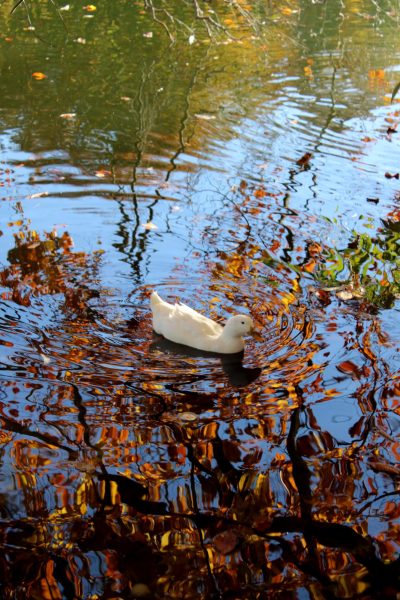
In the event a duck is injured, one of two things happens: App State Police is called and they call Byrd, or Byrd sees an injured duck, assesses and monitors it, and either cares for it at his house or takes it to Carolina Waterfowl Rescue located in Charlotte, North Carolina.
Byrd works closely with App State Police and said there are cameras around the pond, which some students may not realize. He’s had conversations with campus police about trying to discourage people from jumping in the pond. He also works closely with Facilities Operations and landscaping to ensure the duck’s habitat is in good condition.
“I’m a big football fan and I love seeing a great game, and it’s fun to get excited about it,” Byrd said. “But vandalizing your own community and stressing out the animals, the ducks that live here, is you know, not necessary.”
When not feeding the ducks or cleaning up trash, Byrd monitors the ducks while they are nesting and makes sure the mama duck and her eggs are protected.
“I’ll make sure that she has clean water and food and doesn’t have to travel back and forth to the pond to get what she needs while her baby ducks are being born,” Byrd said.
This year, 10 ducklings were hatched. Throughout the mother duck’s nesting period, Byrd visited the pond more frequently to monitor her and her eggs.
For the first time in the past eight years, this group of hatchlings were born late in the year. Usually, mating season for ducks is in the late spring and early summer, but because they were born later, Byrd said they could have been easily injured during football season.
Byrd said there are no natural predators to the ducks. Instead, “the biggest threat to the ducks are people.”
“We all play a role in protecting the ducks and their habitat and respecting their right to be here,” Byrd said. “These ducks deserve the same ethical treatment that any other pet or animal also deserves.”
Currently, Byrd takes care of 34 ducks. Since 2015, the highest number of ducks at the pond has been 36 ducks and the lowest being 14 ducks.
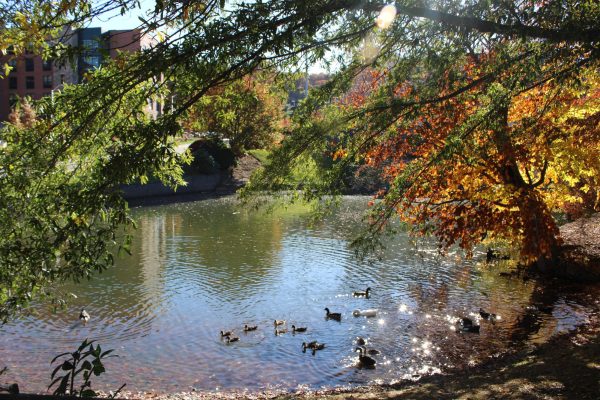
Contrary to popular belief, these ducks’ wings are not clipped. The reason why they can’t fly long distances, Byrd said, is because they are domesticated.
Ducks were first placed at the pond in the 1950s. Over time, the population of the ducks grew as people abandoned ducks at the pond. Each year, Byrd said at least one new duck is added to the crew. When coming to the pond, he takes attendance of the ducks to ensure they are all present.
To help identify each duck, Byrd takes note of each bird’s color patterns in their feathers, and has even come up with names for some of them.
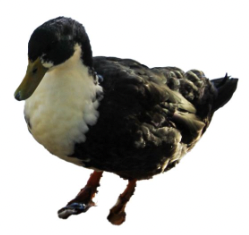
One of the ducks he named is called Baby and was born in 2018. Byrd said he started calling her Baby because at the time she was the only baby duck. Ironically, Baby is now a mother.
“Baby has been a prolific mama and she not only has 10 ducks from this year, but five of the ducks out there were born last summer from her,” Byrd said.
Other ducks named include Sweet Pea and Cutie Pie, but there have been others throughout the years. Byrd said people can also come up with their own names for the ducks.
“Ducks are wonderful little creatures,” Byrd said. “Every day we all have an opportunity to make life a little bit better, either for somebody else or for an animal or for, you know, basically any living creature.”
Gloria Scott, the owner of Higher Ground Coffee truck, said having her truck set up next to the duck pond has been “wonderful.”
Scott has had the truck set up at the pond for nearly three years and said she’s noticed Byrd’s impacts on the pond. She also said Byrd gave her his contact information in the event that there is ever an issue with the ducks.
“I think he’s pretty wonderful,” Scott said. “I think he’s really consistent.”
Delaney Nobel, a junior political science major, said she comes to the duck pond about once a week. She said although she has not met Byrd, she thinks he’s doing a “great job” taking care of the ducks “since they’re all alive.”
When not at the pond, Byrd works in the Reich College of Education as the director of teacher education.
“I see a lot of connections there between the world of teaching and education and caretaking for the ducks,” Byrd said. “In the same way that we might teach people about history and math and reading, we can also teach people about the ethical care of animals.”
Growing up, he always lived with cats and dogs, which prompted his love and care for animals. If he did not go into social studies education for his doctorate, Byrd said he would have gone into veterinary medicine. But for him, he was “in the right place at the right time” to come to App State and be able to care for the ducks, which he considers to be “the best unofficial mascots in college.”
Outside of ducks and App State, Byrd likes to read and stay updated on current events, reading about 15 newspapers a day. He also listens and plays music, such as the piano and enjoys watching sports. He is also in the process of getting his pilot’s license.
Whether one sees him at the duck pond, in the Reich College of Education, or even flying as a pilot in the future, Byrd’s goal is to always look “for ways to help somebody or something that’s in need.”
“It’s very rewarding, I think, when you live your life knowing that you are making it a little better for everybody else,” Byrd said. “It’s just very personally gratifying to know that I’m helping make life a little easier for these ducks.”
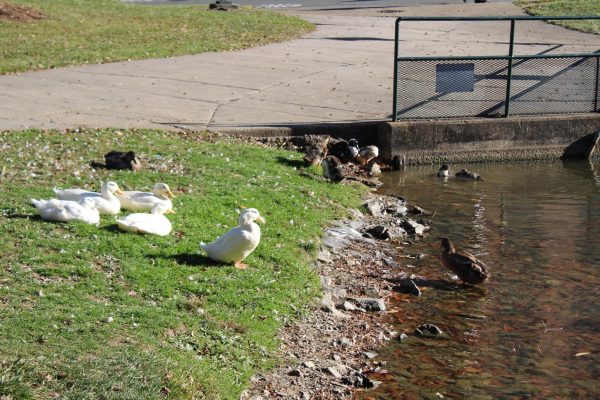


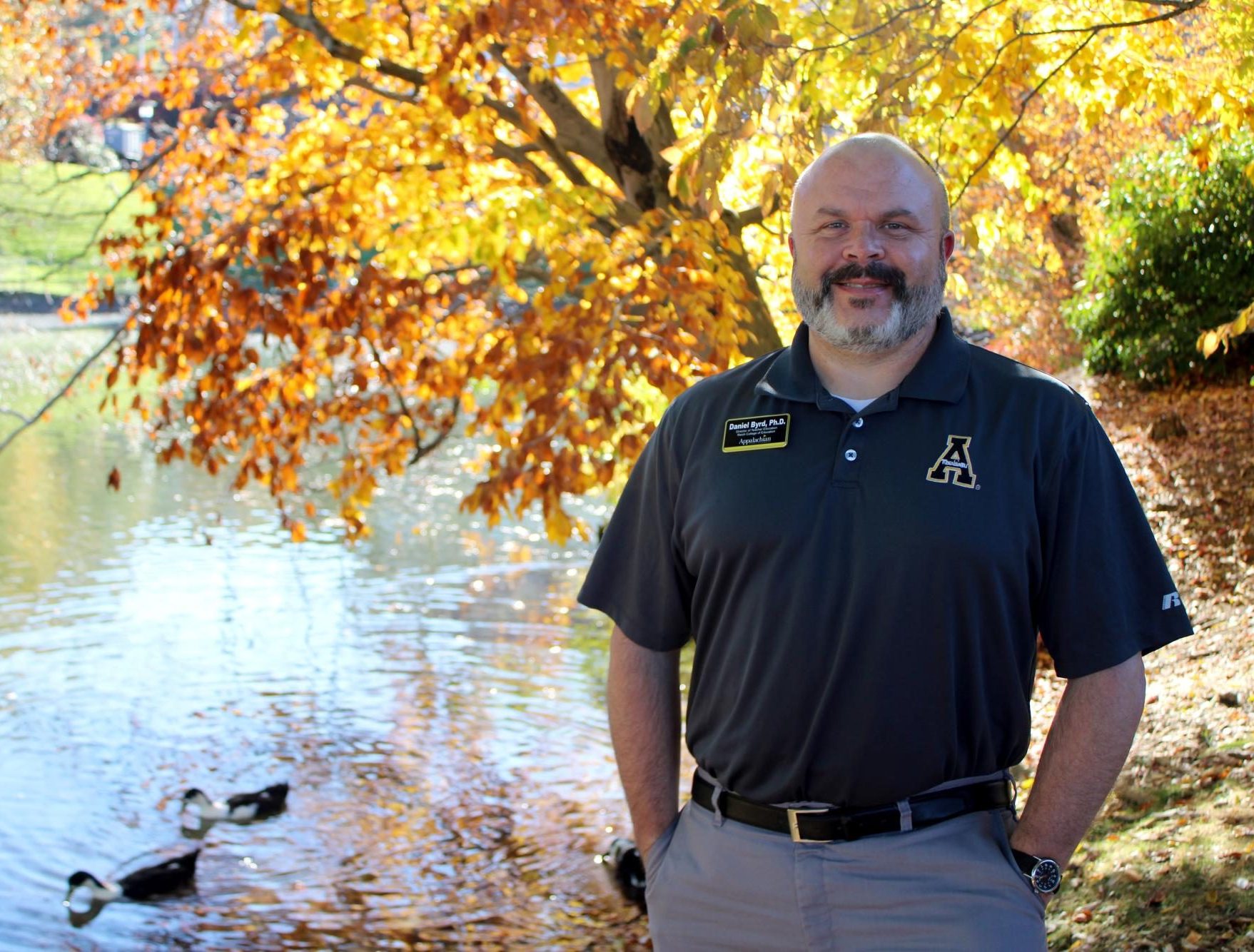
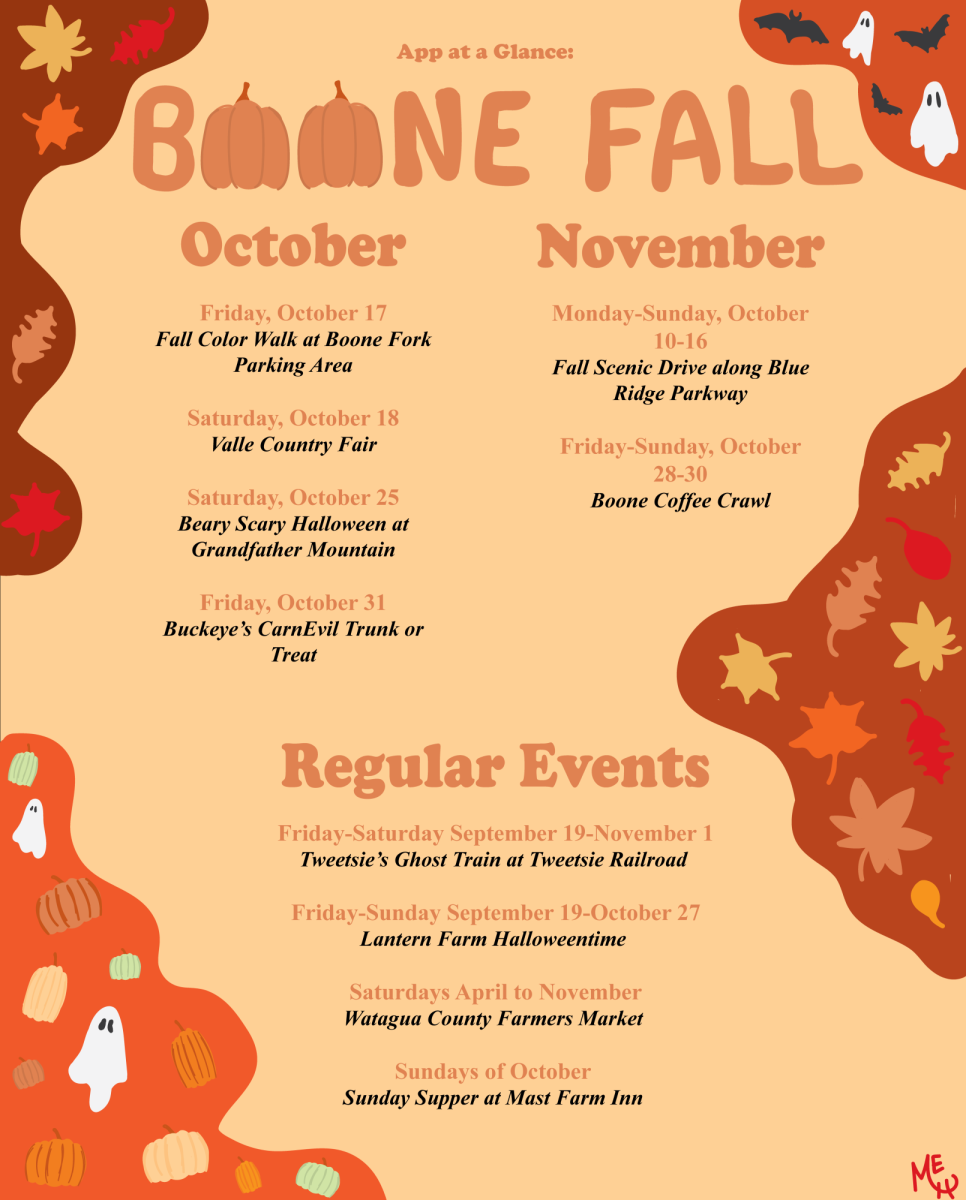
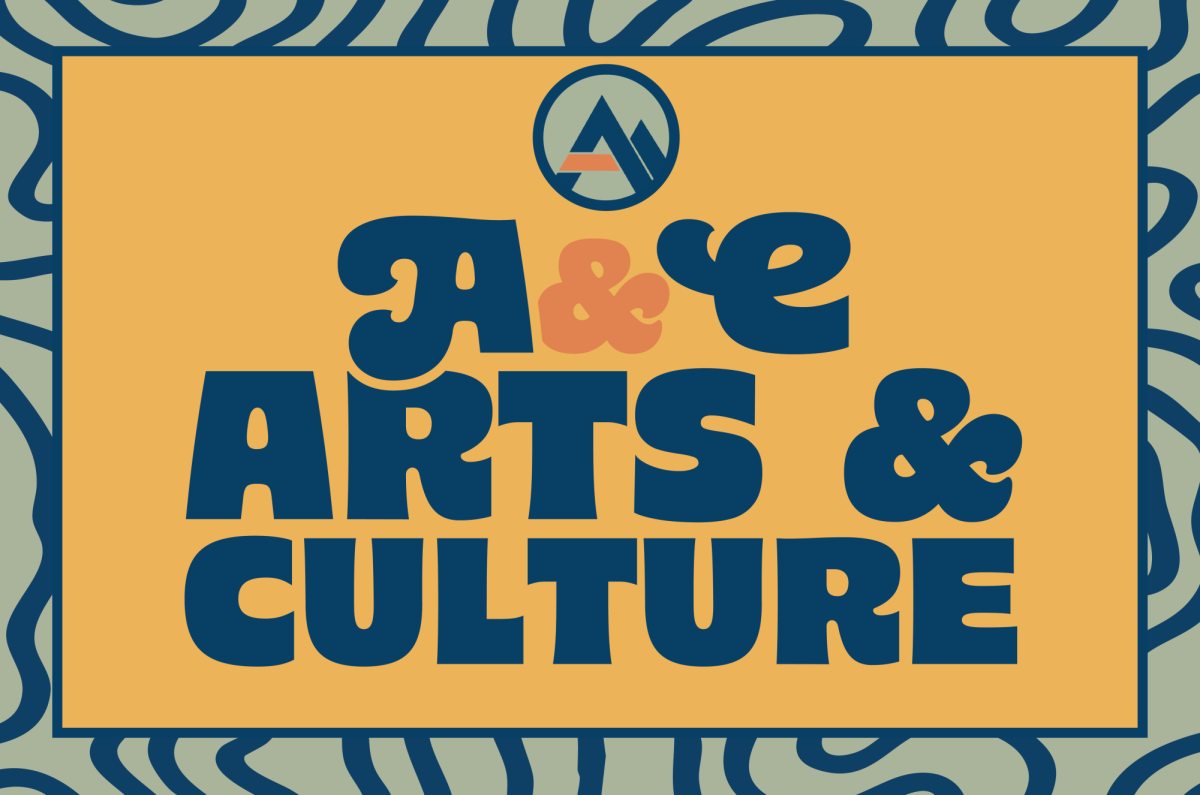
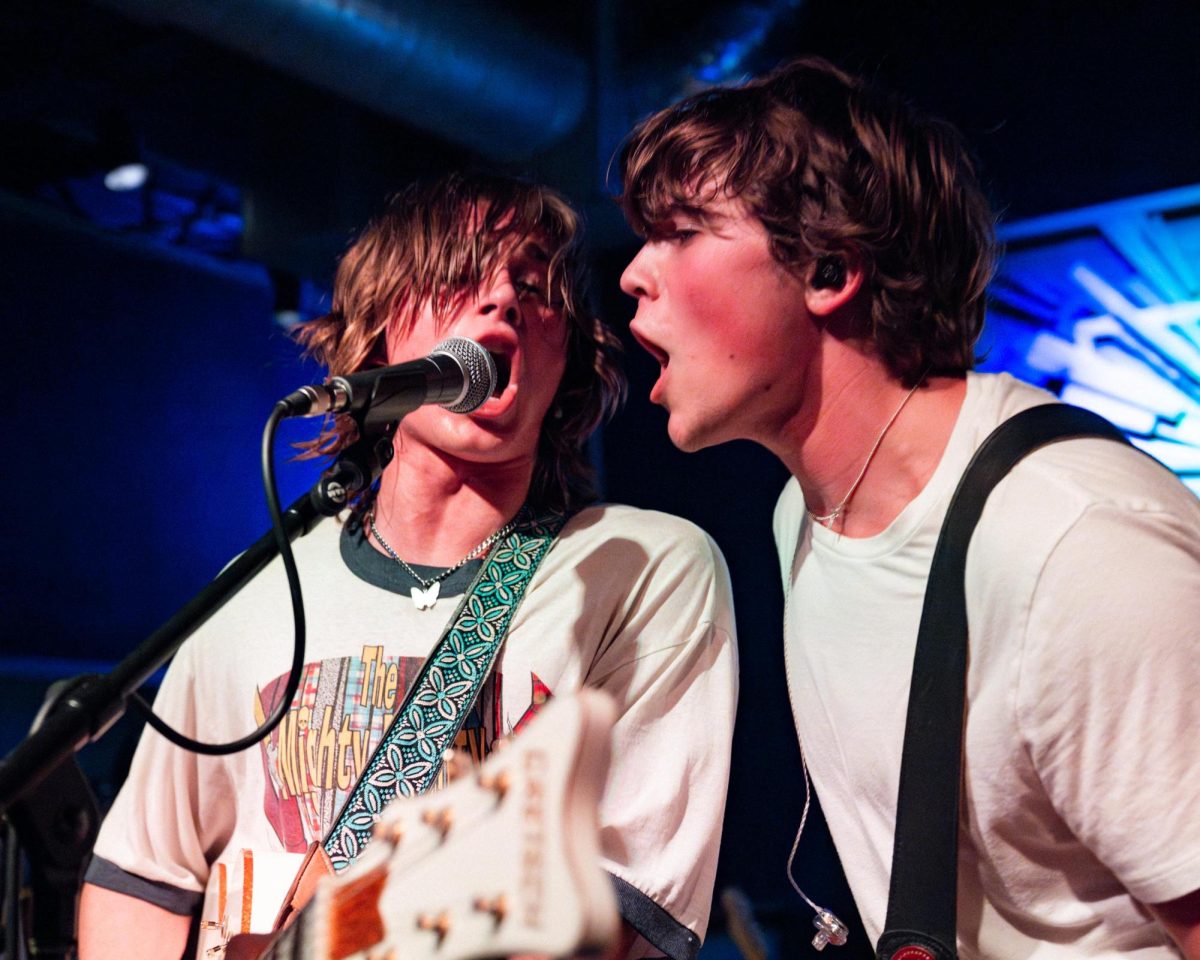
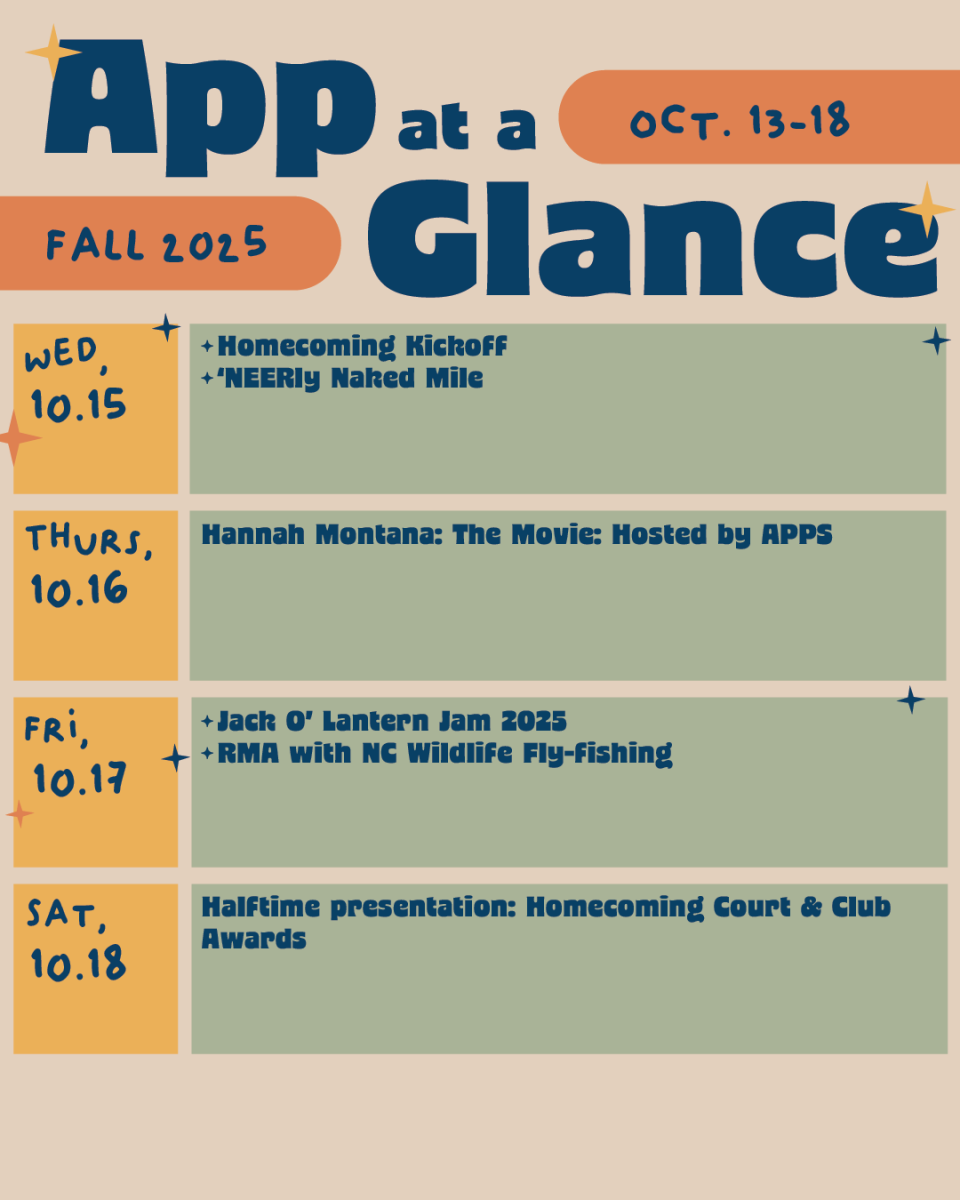

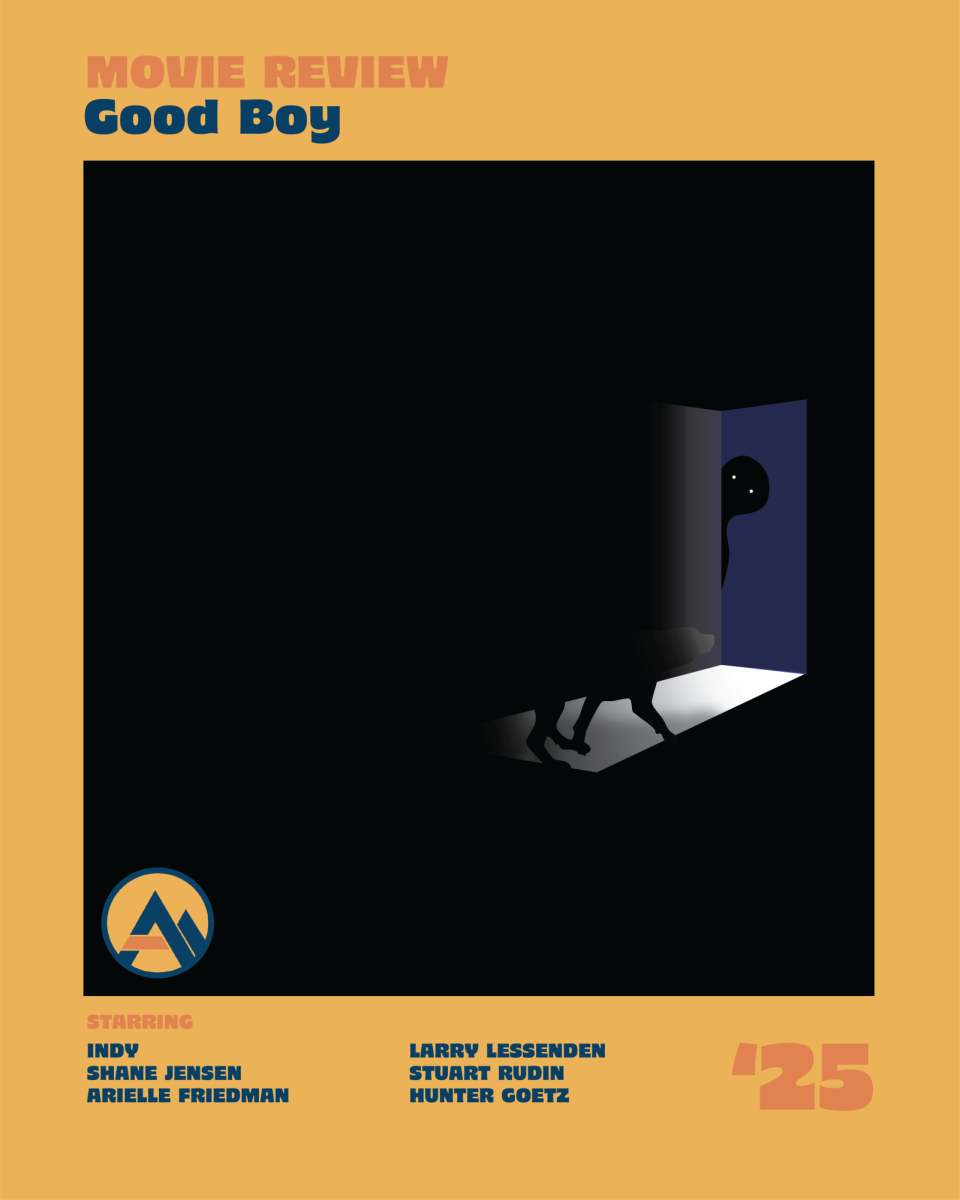
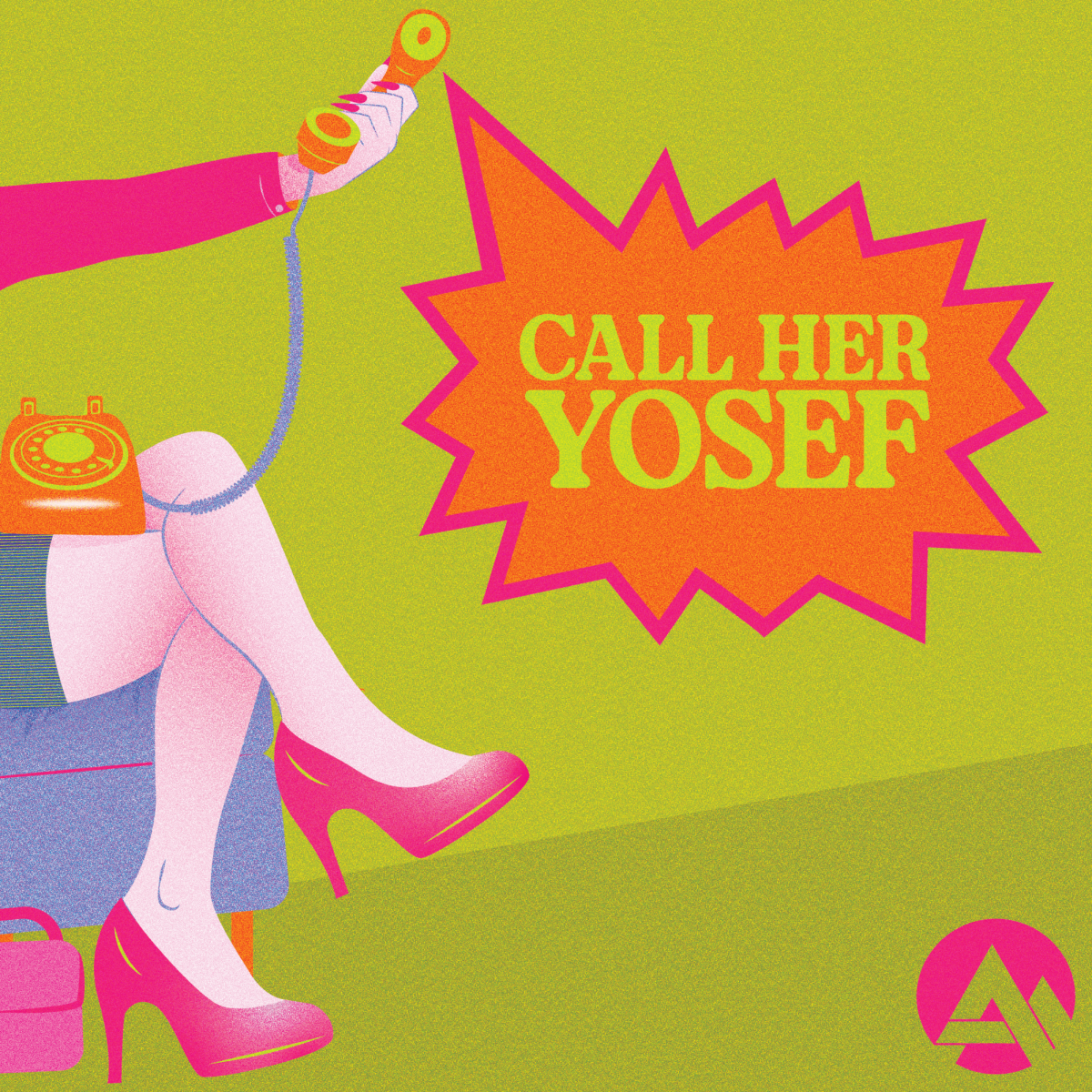


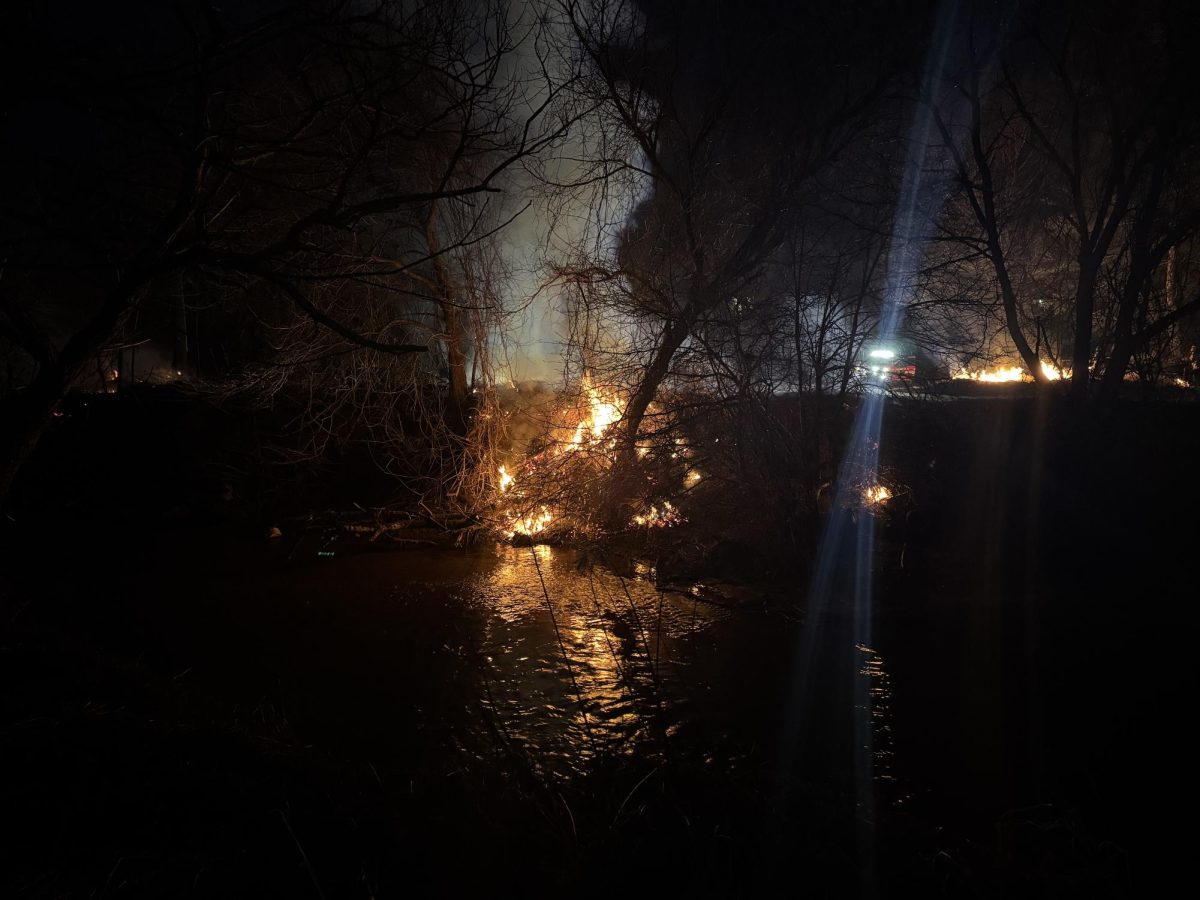
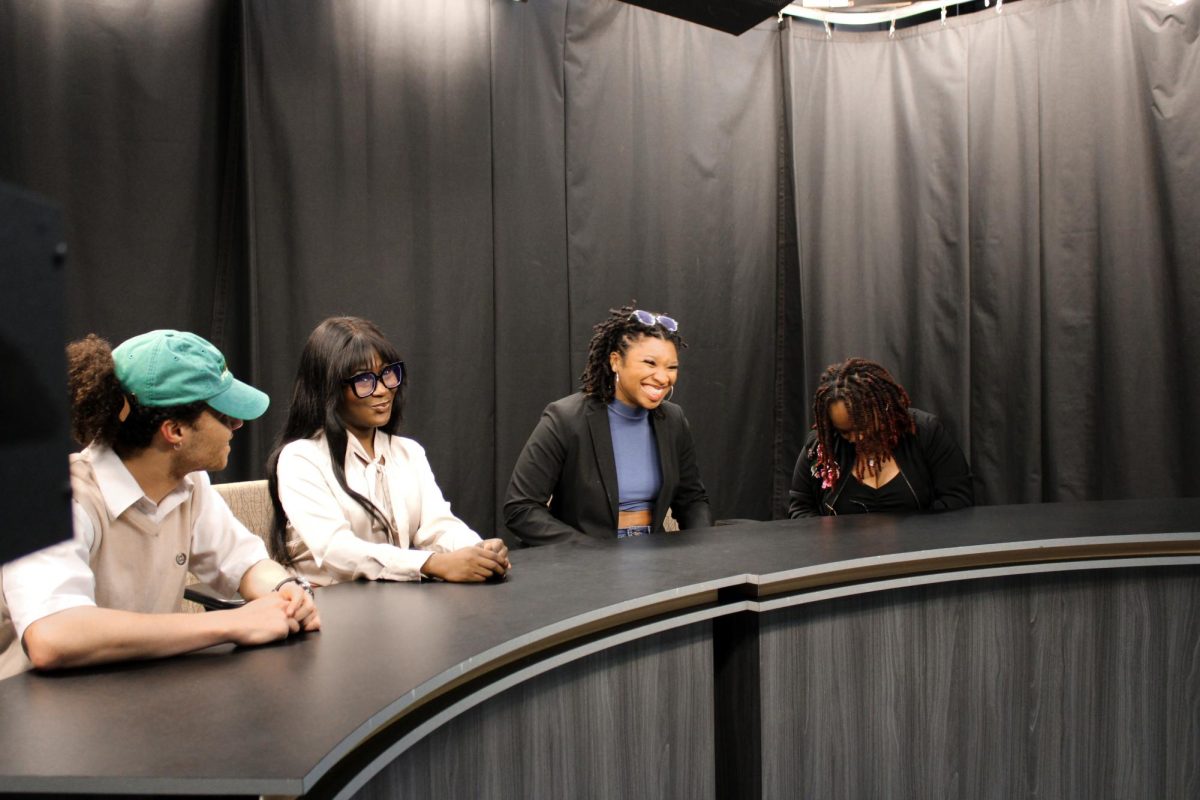
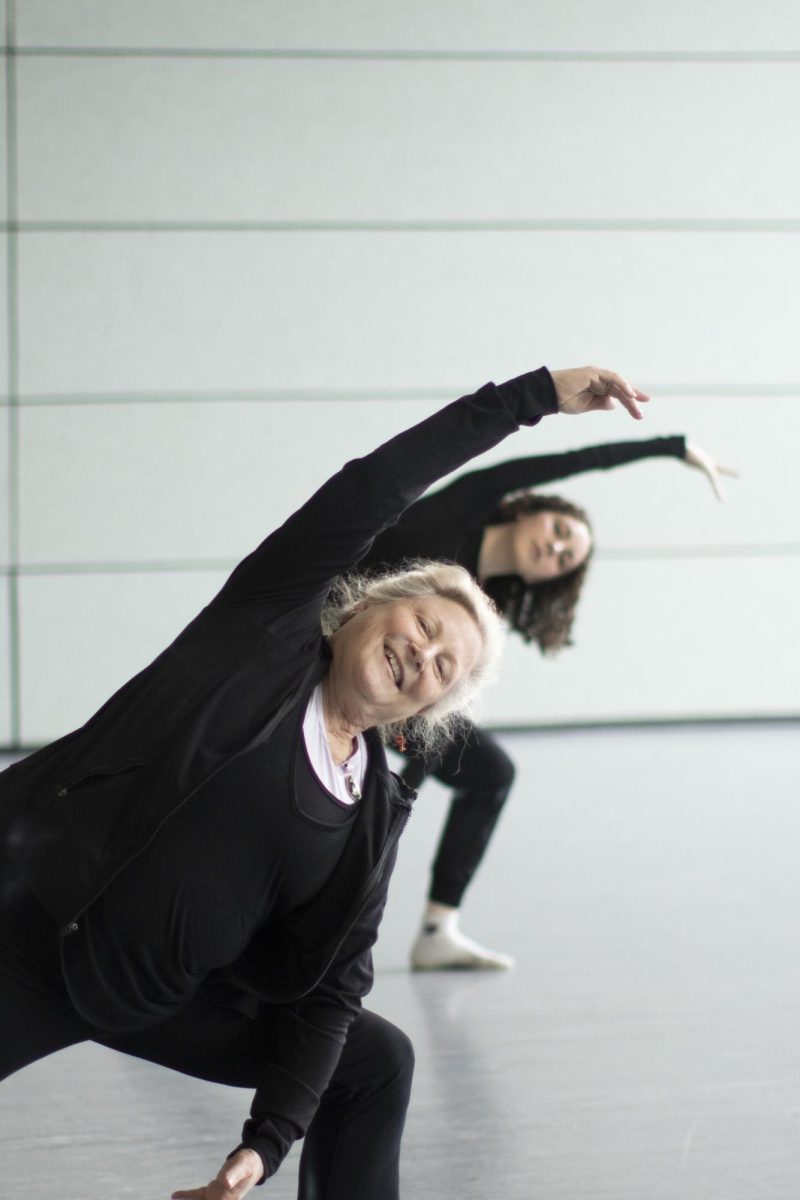
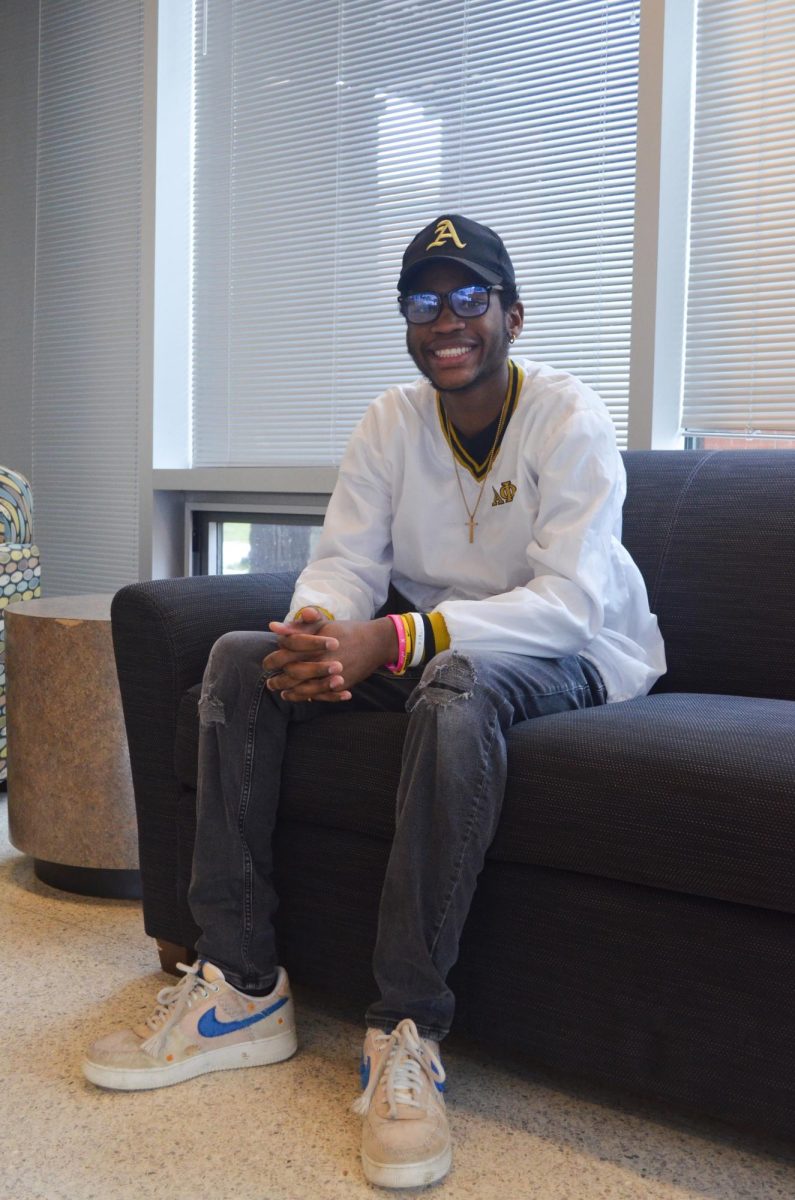
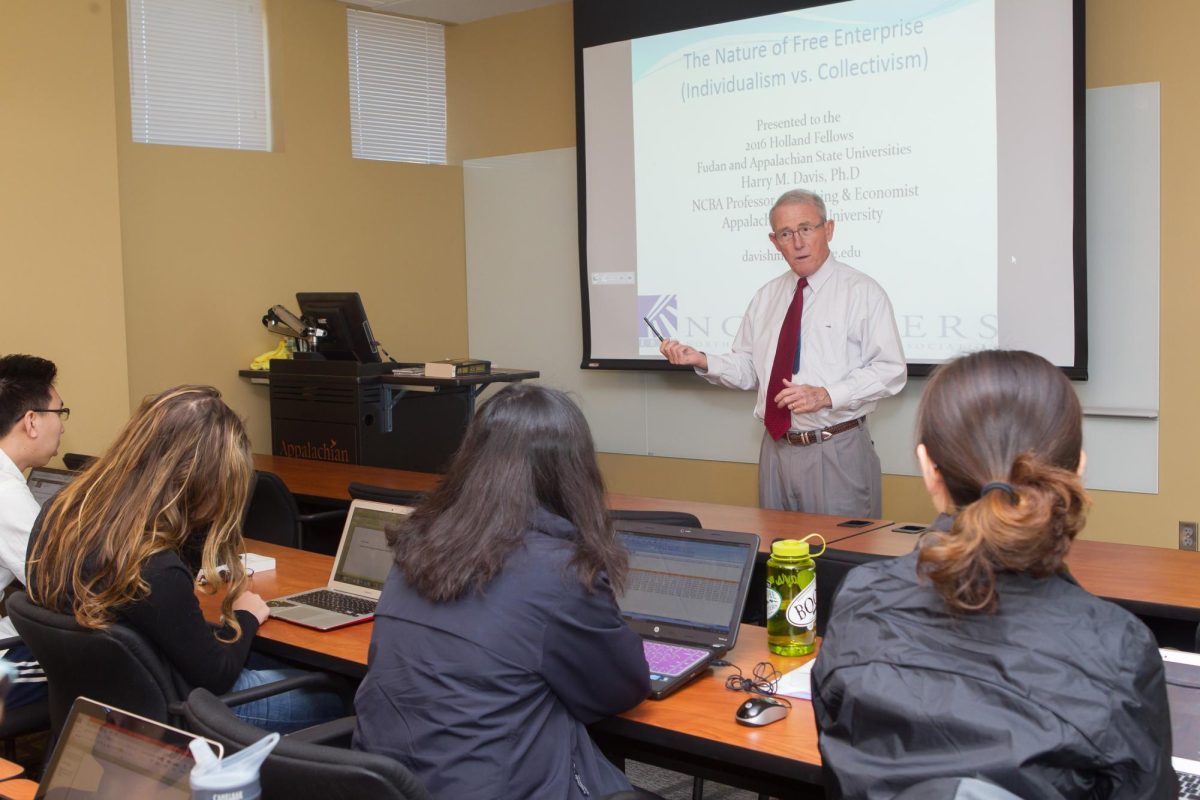
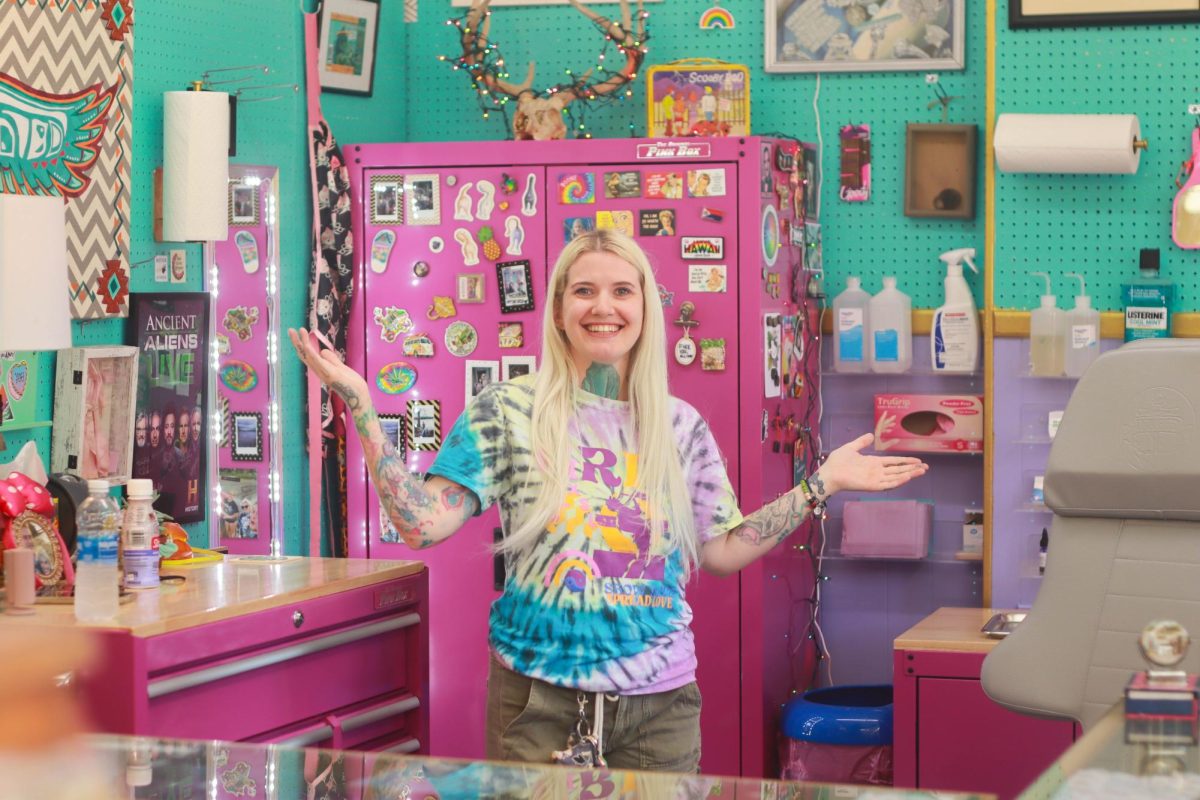
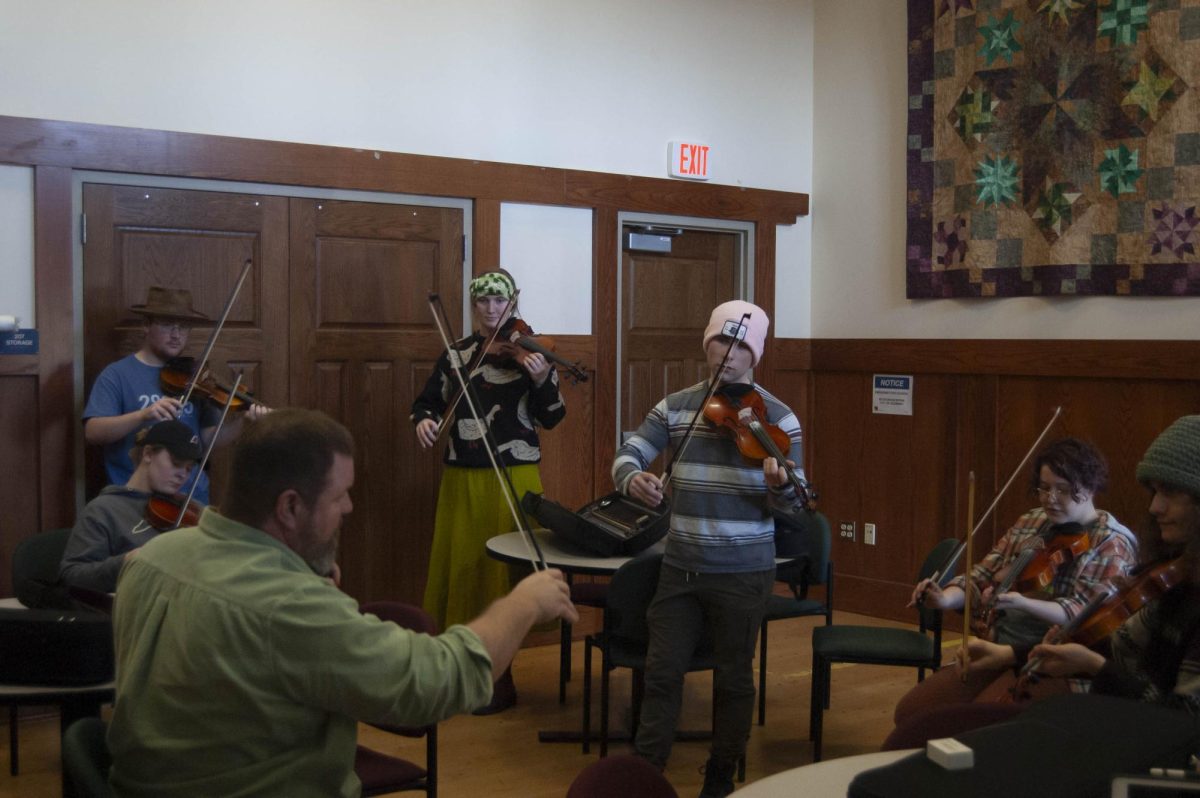
Daniel Byrd • Jul 9, 2024 at 4:45 pm
Many thanks to everyone for their kind words and support. I want to especially thank Jenna Guzman for writing such a wonderful and informative article. I am very happy to announce that App State’s Landscaping Services (within Facilities Operations) has now agreed to purchase duck food for our friends at the pond. Thank you to all of our university colleagues and community members who care so much about the health and well being of the App State ducks!
Janna • Dec 7, 2023 at 10:34 am
Daniel should be reimbursed by the University, at least for the food he purchases.
J Gregory Brown • Dec 7, 2023 at 8:49 am
What a great article. Hopefully, the university will consider covering the expenses, especially since Daniel is willing to do the groundwork.
Anne Fanatico • Dec 7, 2023 at 7:33 am
Thanks to Daniel Byrd for his dedication to the ducks in the pond! The ducks are a wonderful part of campus and bring us together. How can the campus community support this work?
Tracy Weston • Dec 7, 2023 at 7:33 am
Fantastic and informative article. Those ducks are blessed to have such a caring Father Duck. Thank you, Daniel for your time, money and devotion to these beautiful animals.
Katy Willis • Dec 7, 2023 at 7:24 am
I love this article so much!!! I came to App in 2012 and graduated by 2014. I now am working at the college and have always been so curious who was looking after them! I have also heard various rumors about the pond/ducks. I would love to help out, if given a chance. I have some ideas that may help with their safety. Thank you for publishing this article as it was super informative and an amazing read this morning.
Kent Greer • Dec 7, 2023 at 7:15 am
I’m a staff member in Enviromental Services.
Thank You for what you do!
Tom Westmoreland • Nov 30, 2023 at 11:19 pm
I have known Daniel for decades. He is forever consistent – always there to help where care is needed. His intelligent gentle nature is inspiring, and I am sure, a comfort to the ducks. Ducks are sensitive, beautiful creatures and benefit from not being disturbed – they only want to live in peace with all that’s around them. Daniel leads the way on providing them with the peace they need and deserve. Thank you, Daniel
Tom Westmoreland
Jessica Stump • Nov 17, 2023 at 3:40 pm
What a wonderful feature. Thank you for covering Daniel Byrd and all he does to care for App State’s duck population.